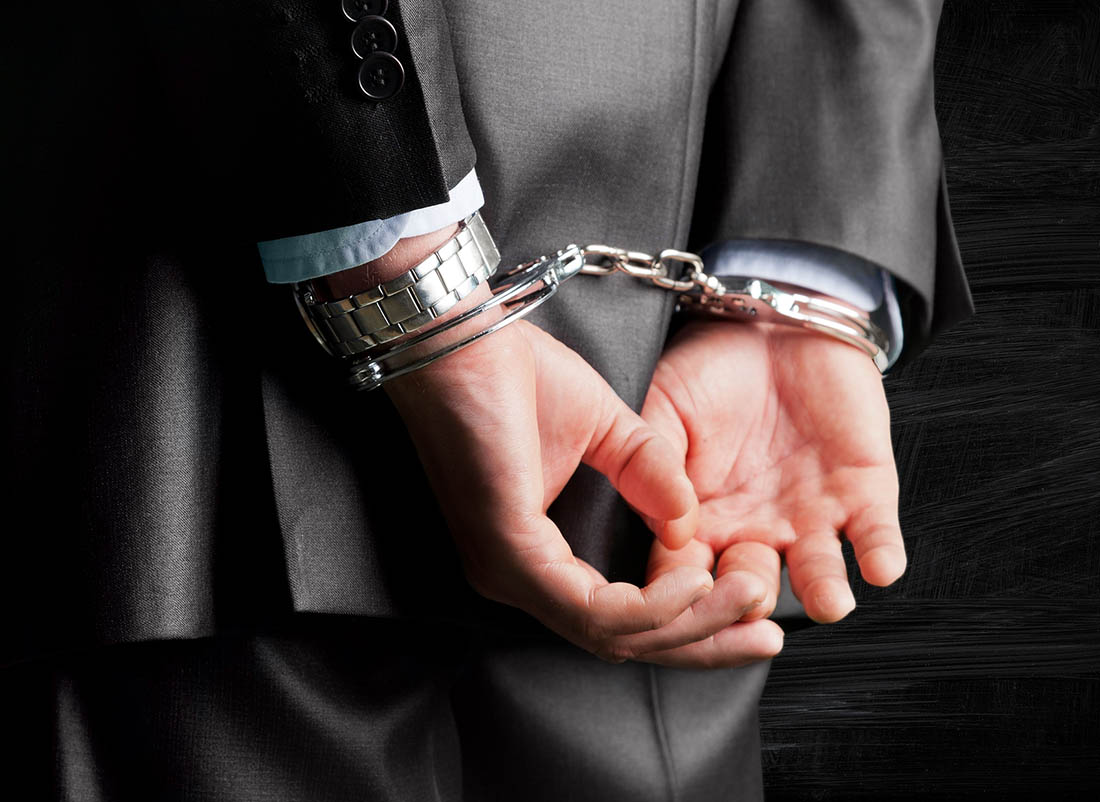 Lawyers in College Station and Waco representing cases across Texas
Lawyers in College Station and Waco representing cases across Texas Lawyers in College Station and Waco representing cases across Texas
Lawyers in College Station and Waco representing cases across Texas Lawyers in College Station and Waco representing cases across Texas
Lawyers in College Station and Waco representing cases across Texas
Texas defines criminal mischief as damage or vandalism to another individual’s property. In addition, the offender must have intentionally or knowingly caused damage to the other individual’s property, resulting in considerable loss. The law also considers “tagging” or drawing graffiti on another person’s property as criminal mischief.
If you have been charged with criminal mischief, you may feel that it is not a profoundly serious charge and will just pay the fine. Nevertheless, all criminal charges should be taken seriously as they can stay on your permanent record and hinder your future opportunities.
The term criminal mischief may be misleading to some as it does not sound like a serious offense. However, crimes related to criminal mischief can be quite serious such as the following examples:
The penalties for criminal mischief are based on whether the crime was committed with malice in addition to the cost of the damage. The penalties are as follows:
Any type of criminal conviction can be severe and cause potential problems later in life. Even a criminal mischief conviction can show up on a background check. Some other examples include the inability to:
If you are convicted of felony criminal mischief, one of the main issues that most individuals encounter is not being able to obtain employment and housing. You will also not be able to:
Attend the college or university of your choice
Own a firearm
If you have been charged with criminal mischief, you need to obtain legal representation as soon as possible. Depending on your age or if this is your first offense, your defense attorney may be able to negotiate with the prosecutor and request that you receive deferred adjudication instead of probation or jail time. In addition, after a specified period of supervision is completed, it may be possible to have the charges dropped or even expunged.
For more information, contact our law offices by calling 979-779-2000 and ask to schedule a consultation.